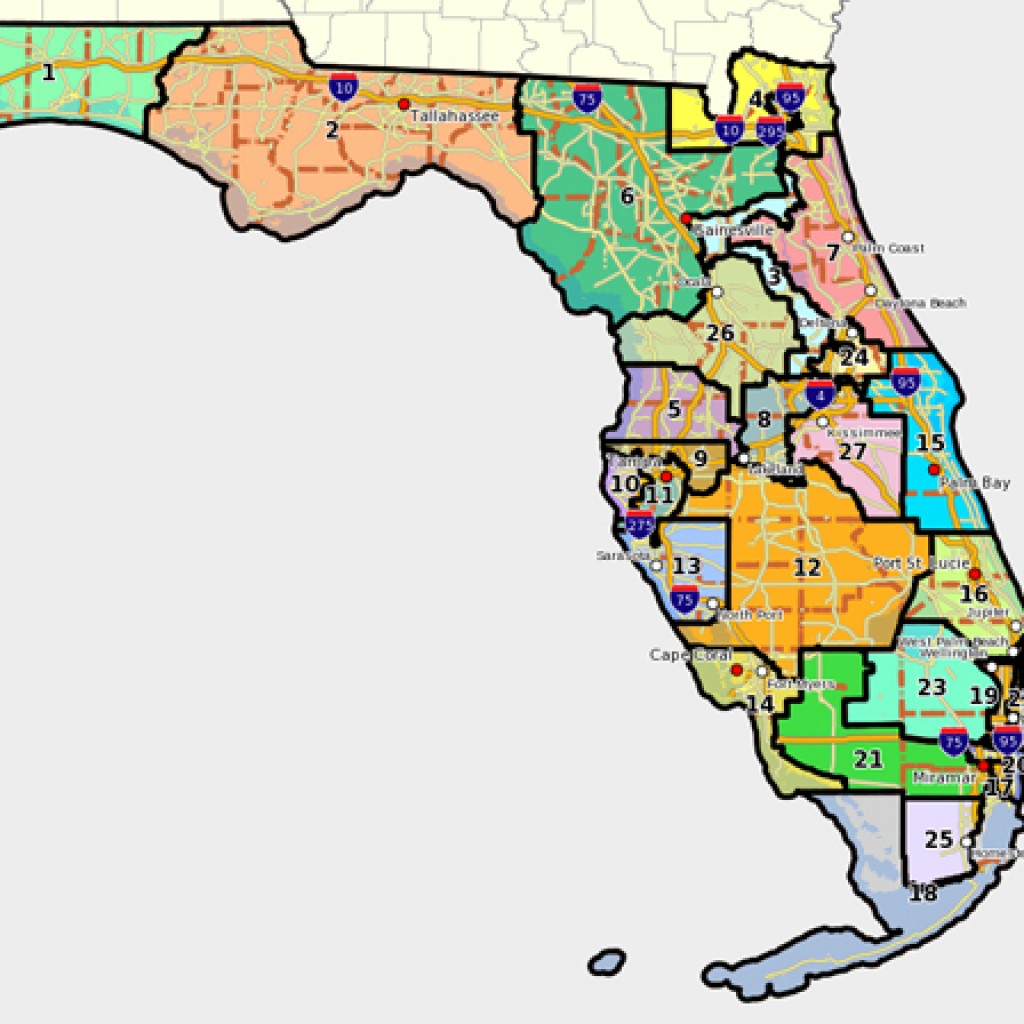
One of the eternal issues in Florida — fair districts — is poised to come up again soon. And Florida House Democrats are forming a working group to get ready.
The goal, per a press release: to “allow the caucus to be fully prepared to present the citizens of our state with the fair maps they deserve.”
Evan Jenne, a Democrat from Dania Beach, will chair the group — which also includes Ramon Alexander, Loranne Ausley, Tracie Davis, Ben Diamond, Nicholas Duran, Al Jacquet, Amy Mercado, Emily Slosberg, and Carlos Guillermo Smith.
These are newer members of the House, expected to be in office through 2020 or 2022.
The group will be subdivided into working groups of three, allowing specific focus on Congressional, State Senate, and State House maps.
“Free and fair elections are the bedrock of our democracy and the people of Florida deserve to have confidence that their electoral maps are being drawn to their benefit, not the benefit of the legislators doing the drawing,” Jenne asserted.
“With the next round of redistricting just around the corner, House Democrats feel it is important to begin putting in the work now so that we do not get caught flat-footed when the process begins. Let’s end the political sleight of hand that has driven reapportionment in the past and focus on giving Floridians the fair districts they deserve,” Jenne added.
Fair districts have been a bone of contention between Republicans and Democrats, with the Florida Supreme Court approving the current district lines in late 2015 — lines drawn by the League of Women Voters and other groups.
“Our opinion today — the eighth concerning legislative or congressional apportionment during this decade since the adoption of the landmark Fair Districts Amendment — should bring much needed finality to litigation concerning this state’s congressional redistricting that has now spanned nearly four years in state courts,” the Supreme Court wrote at the time.
Not every Democrat supported the court-approved lines, however.
Former Rep. Corrine Brown, before her indictment on fraud charges, challenged the redrawn Congressional District 5.
The east-west configuration of the district, she contended, ignores the African-American “communities of interest” in the previous district, which ran from Jacksonville to Orlando in what was one of the most egregious examples of gerrymandering in the country at the time.
Brown contended that the redrawn district wouldn’t elect an African-American to Congress.
However, Rep. Al Lawson proved her wrong, winning a general election handily against African-American Republican Glo Smith.



